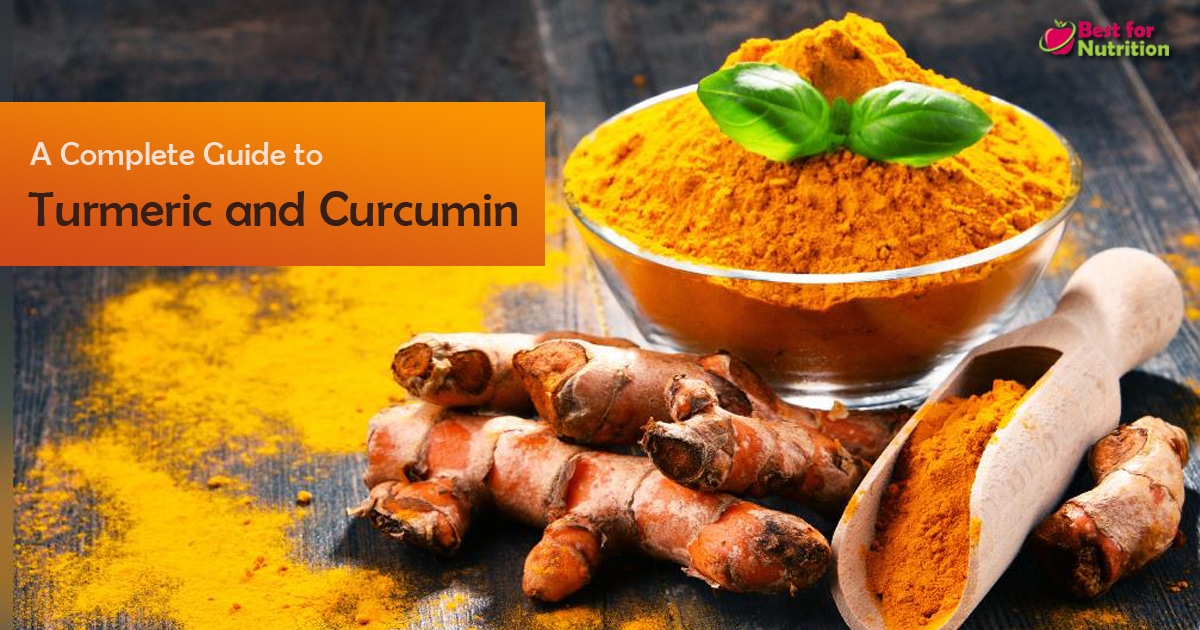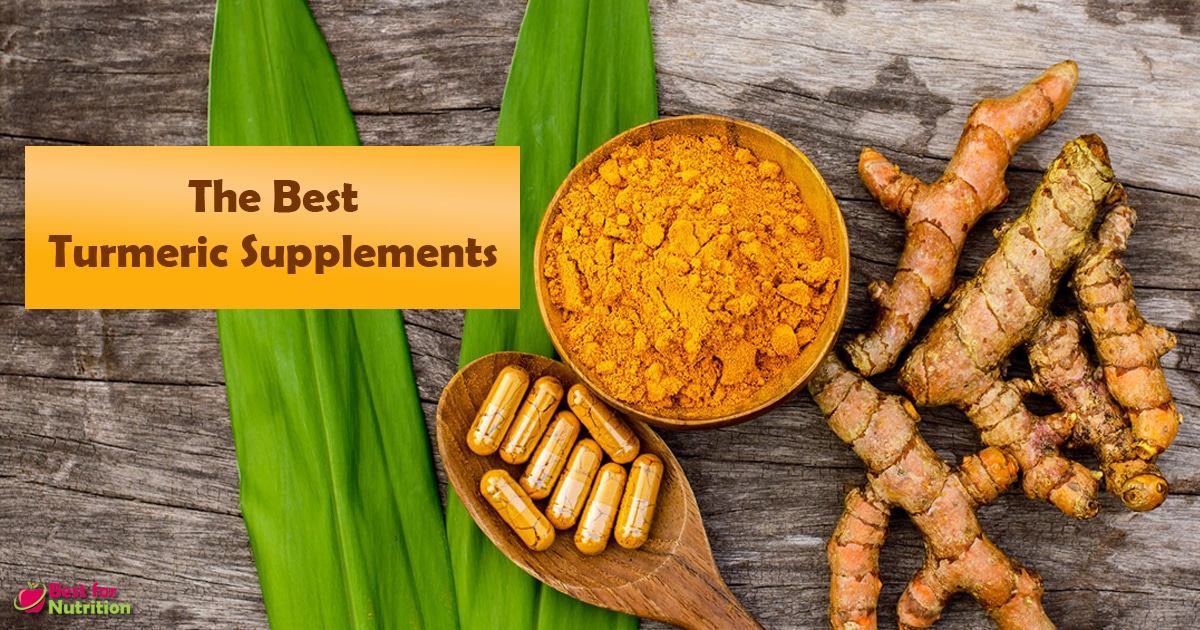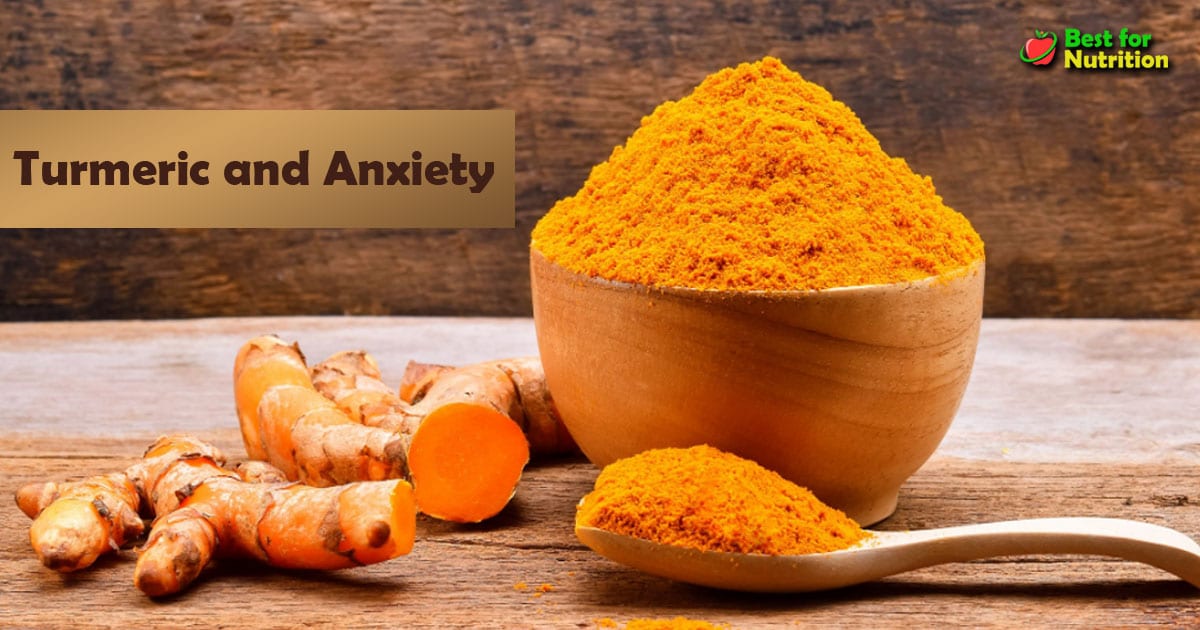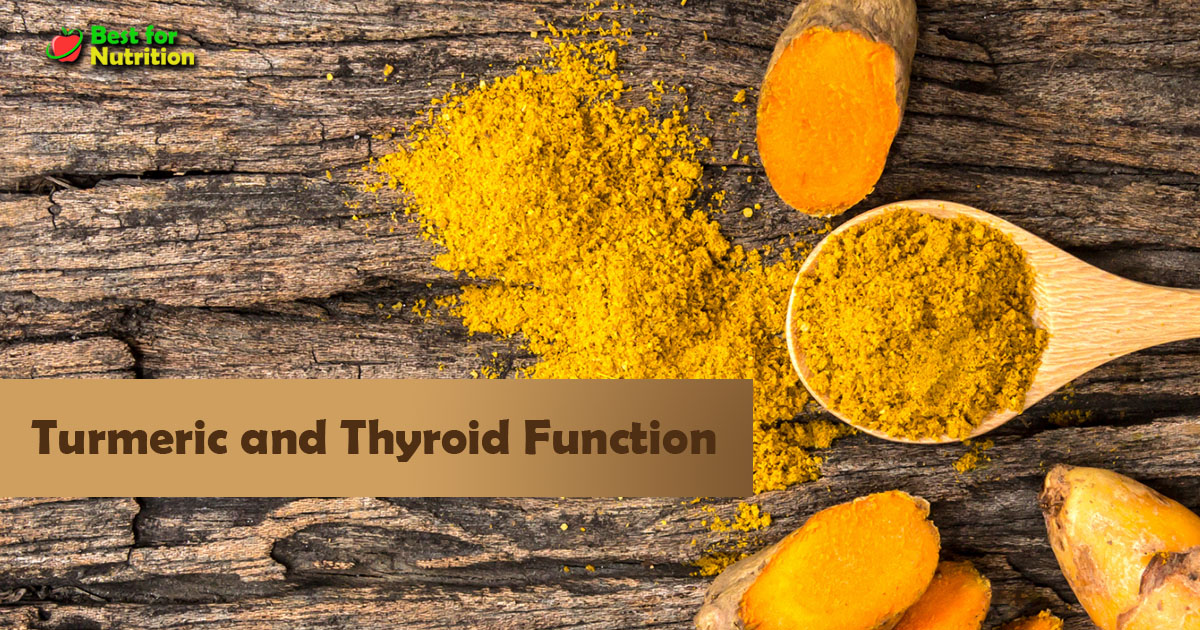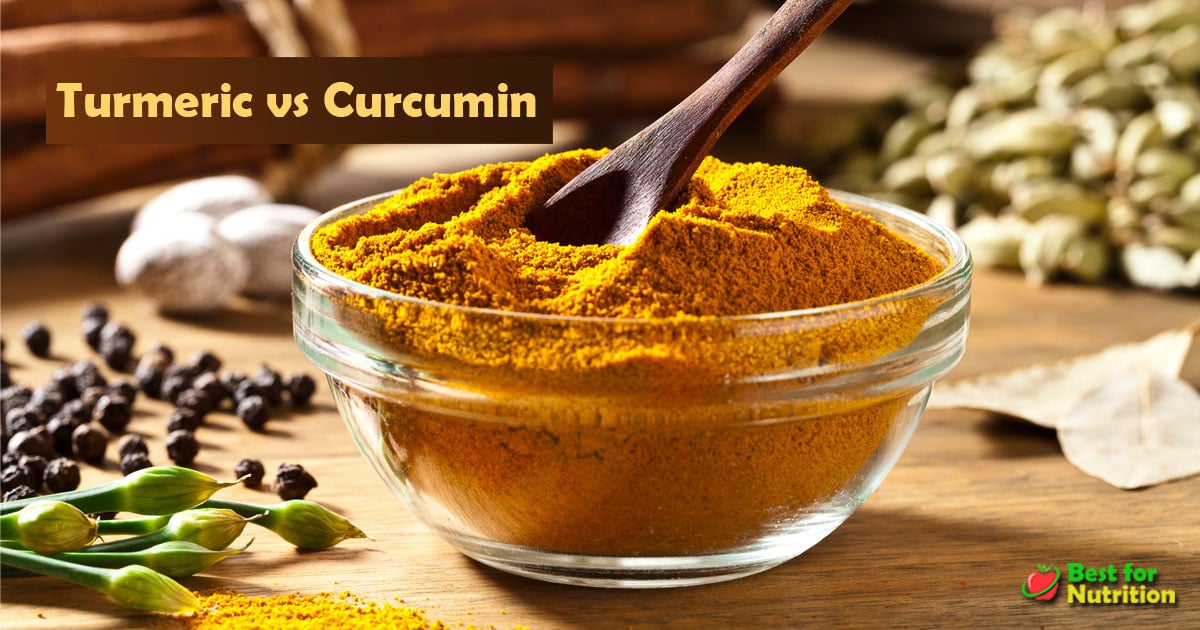Hair fall, thinning hair or bald patches are a cause of serious concern for many of us. Though hair loss is a natural part of aging, we first need to rule out any underlying medical reasons first.
Your diet plays a major role in the health of your hair (1). So make sure you are eating a healthy balanced diet with plenty of protein. In the meantime, there are some natural remedies that help restore healthy hair growth.
Turmeric is known to be one of the most effective natural treatments for most hair concerns from hair loss to dandruff and other scalp related problems without causing any side-effects or allergy (2).
This golden spice can be a lifesaver for your recurring hair problems. So read on to learn how turmeric supports optimal hair health and how to use turmeric externally, as well as, internally to solve your hair troubles.
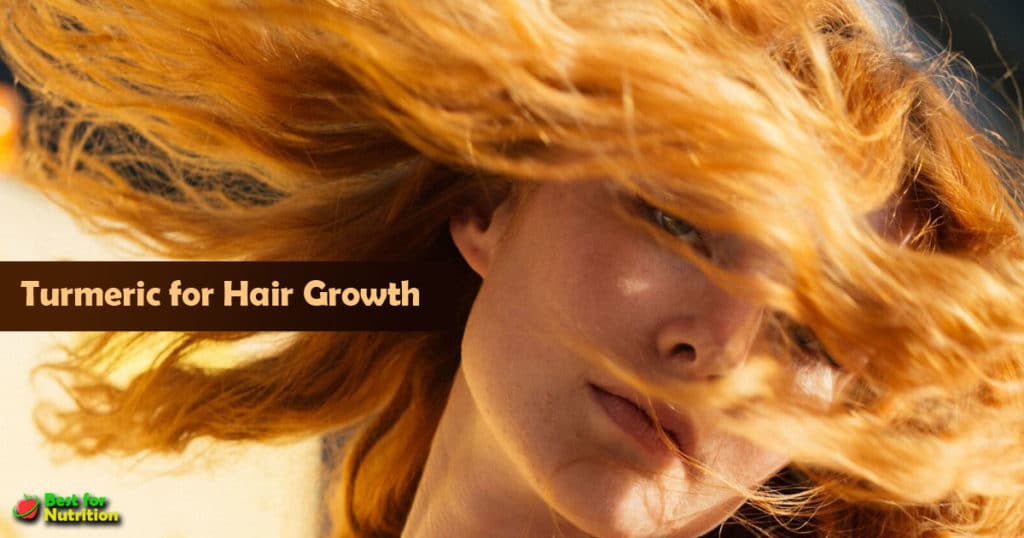
What is Turmeric?
Turmeric (Curcuma longa) is a member of the ginger family. It is grown throughout India, South Asian countries, and Central America.
The root of the turmeric plant is dried and grounded, to make the golden spice. It is also called Indian Saffron for its distinguished yellow color. Turmeric is known for its medicinal benefits and is used in Ayurveda for nearly four thousand years (3).
Curcumin is the active ingredient found in turmeric, which imparts the golden hue (4). It plays a major role in treating hair problems like hair thinning, dandruff, and other scalp related issues.
Turmeric Benefits: Is Turmeric Good for Hair?
Including turmeric in your hair care regime will give you wonderful results. Turmeric naturally has many measurable benefits like anti-bacterial, antioxidant, and anti-inflammatory properties (5).
It contains around 34 essential oils, among them turmerone, atlantone, and zingiberene are the major constituents (6). These constituents help typically prevent hair loss and maintain hair health. These essential oils are also known to exhibit strong antifungal activity (7).
Turmeric has Anti-Bacterial Properties
Turmeric’s antibacterial property helps in naturally cleansing the scalp and modestly reduces dandruff (8). This would undoubtedly protect the scalp from bacterial infections.
Turmeric improves blood circulation and naturally keeps the scalp in good health (9).
Folliculitis is an inflammatory skin disease that affects your hair follicles which are the pores in your skin that holds the roots of your hair (10).
The fungal or bacterial infection is caused when the hair follicles are damaged. This infection can happen in any part of your body that has hair. Scalp plays a major role as we have more hair in our head.
Studies have shown that curcumin the active ingredient found in turmeric can treat Staphylococcus aureus, a bacteria that can cause folliculitis (11).
Applying turmeric with water on the affected area can be a natural remedy.
Turmeric is Rich in Antioxidants
Oxidative stress produces the ‘Free Radicals’ which typically trigger the hair follicle to break down and damage your beautiful tresses (12). Increased production of these free radicals damage your hair and creates an imbalance in the body (13).
Antioxidants help the hair grow at the cellular level by limiting the impact of oxidative stress.
The antioxidant feature of turmeric helps in reducing oxidative stress and naturally protects the hair follicles from breaking, helping them grow stronger (14).
Turmeric Reduces Inflammation
The anti-inflammatory properties of turmeric help fight against active inflammation caused by stress, infectious bacteria, specific viruses, and/or environmental pollutants (15).
Inflammation of scalp may result from prolonged buildup. The buildup of flaking skin, oil, or any hair product being used regularly, can suffocate your hair follicles and lead to scalp inflammation.
It’s important to take action before more scaling, dandruff, or product residue clogs the pores on the scalp and result in infections. The tightness of the scalp, redness, or itching are some of the signs to watch out for.
Increased oil production on your scalp can create a fertile breeding ground for infectious bacteria. Applying turmeric on the scalp and washing it off not only gently exfoliates the scalp, but this also removes the excess oil.
Turmeric for Treating Dandruff
One of the most common hair problems faced by both men and women alike is that of dandruff. It can be quite embarrassing to have white flakes dotting your sweater, especially if it’s a dark-colored one.
The condition typically starts, with flakes of dead skin, along with itching. If not treated on time, dandruff may lead to hair loss and thinning of hair.
Many people associate the flaking skin with a dry scalp and may skip shampooing their hair. But that’s not usually the case. It’s vital to keep the scalp clean and remove all build up, especially all the dead, flaking skin.
The anti-bacterial, anti-fungal, antioxidant and anti-inflammatory traits help in keeping the scalp clean. This helps reduce the accumulation of build-up flakes and increase blood circulation. Thus, preventing the dead skin cell formation (16).
Turmeric for Treating Hair Loss
There are myriads of reasons for hair loss like poor diet, mental problems, and hormonal disorder. Including turmeric in your diet is a great way to promote hair growth and to condition your hair (17).
A 2017 US study noted that combining curcumin with pepper increased its bioavailability. So make sure to add adequate pepper along with your turmeric intake (18).
The researchers observed that as an immunomodulator with potent anti-inflammatory actions, curcumin also helps treat hair loss due to alopecia. Also known as spot baldness, alopecia results from your immune system attacking your hair follicles (19).
Turmeric can also be applied topically to your hair for treating hair loss. Try the following turmeric hair pack recipe to help reduce your hair fall and promote healthy hair growth.
Use a mild shampoo to rinse off the mixture. You may use this effective method twice a week. Moreover, the same mixture can be applied as a mask for hair growth.
Turmeric for Treating Scalp-Related Problems
Various scalp conditions, such as eczema and fungal infections can be naturally treated with the application of turmeric.
Psoriasis is a skin disorder that triggers skin cells to multiply at a faster rate than normal. This creates red patches covered with white scales. This can grow in your scalp and skin as well (20).
A study conducted in 2018 by Tehran University of Medical Sciences in Iran evaluated the effect of turmeric tonic, as an anti-inflammatory treatment, on scalp psoriasis (21).
The researchers found that turmeric therapy notably reduced the scaling, red patches, and the thickening of lesions in scalp psoriasis. They also noted an improvement in the patient’s quality of life.
Turmeric for Natural Hair Dye
Turmeric is a great natural dye. It is used mainly on cotton, wool, and silk fabrics. The vibrant golden color of turmeric is employed as a dye in the clothing industry (22).
However, this organic dye has been used as natural hair color too. Turmeric is known to treat hair problems and improve their texture and shine. It adds a rare beauty to your locks with its tinge of golden-hue.
How to Add Turmeric to Your Diet
The easiest way to naturally include turmeric in your diet is by adding it as a spice while cooking food.
A delicious beverage that could be included in your daily diet is the golden milk, a drink infused with turmeric and milk. This has been part of the Indian and Chinese culture for years now.
Turmeric is found in various forms in the market, such as capsule or powder supplements, as well as, in skincare products, foods, and drinks.
While it is popularly known for its benefits, it is always a good idea to consult with your doctor before you start on it as a nutritional supplement, as curcumin capsules or powder.
The Final Note
Turmeric is the natural go-to solution for most of the common hair problems. The benefits offered by turmeric in treating dandruff, hair loss, and scalp issues are noteworthy.
The natural ingredient in turmeric is used for hair treatment and causes no damage to the hair. It nourishes the scalp and helps the hair grow better.
It is advisable to consult a doctor in case you need to take curcumin supplements.
